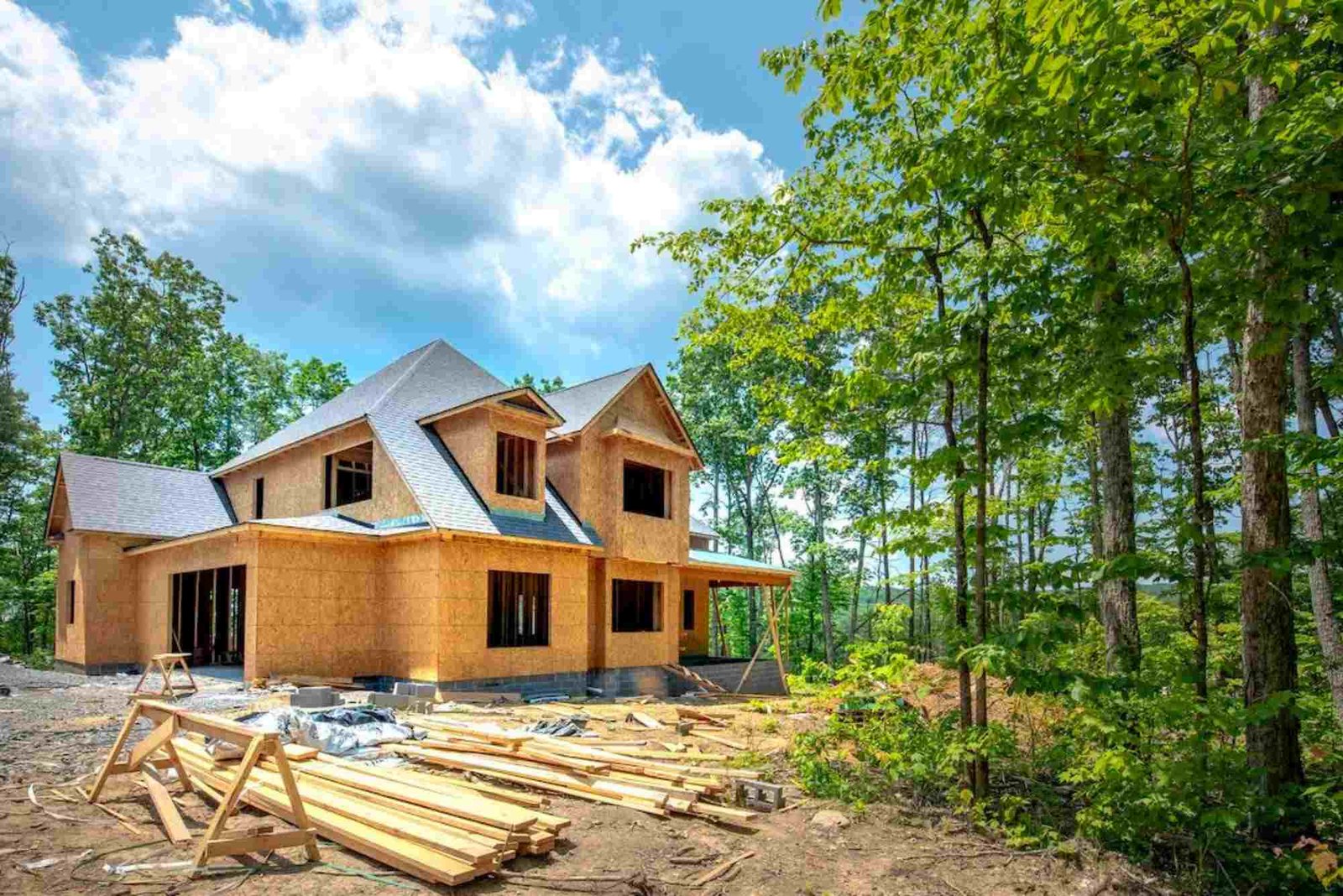Introduction
The question “Is it better to buy land or a house?” is one that every potential property investor faces at some point. Both options have distinct advantages depending on your goals, finances, and long-term vision. Whether you’re looking to build your dream home, generate rental income, or secure a tangible investment, understanding the pros and cons of each choice is essential before making a commitment.
In this article, we’ll explore the financial, practical, and emotional factors that influence whether buying land or purchasing a house is the smarter move for you. By the end, you’ll have a clear sense of what aligns with your current needs and future aspirations.
For further insights on real estate investment opportunities, you can visit this Related Real Estate article for more details.
Understanding the Difference Between Buying Land and Buying a House
Before choosing, it’s crucial to understand the distinction between these two investments. Buying land means purchasing a plot with no construction, giving you full freedom to design and build as you wish. Buying a house, on the other hand, means acquiring a ready-made property—complete with structure, amenities, and immediate livability.
Each choice offers different financial implications, maintenance responsibilities, and appreciation rates. The right option depends on how you plan to use your investment.
Financial Considerations: Which Offers Better Value?
The Cost Factor
When considering Should I Buy Land Or A House, the initial cost is often the biggest difference. A plot of land generally costs less than a developed property because there’s no construction expense involved. However, when you decide to build later, construction costs can quickly add up, often surpassing the cost of buying a house outright.
Property Taxes and Maintenance
Owning land typically means lower property taxes since there are no structures to assess. Houses, however, incur higher taxes due to the building’s value. Maintenance is also minimal with land, while homes require ongoing upkeep—repairs, cleaning, and sometimes renovations.
Loan and Financing Options
Securing a loan for a house is much easier than for land. Financial institutions are more comfortable financing ready properties, as they pose less risk. Land loans often come with higher interest rates and shorter repayment periods. So, if financing is part of your plan, buying a house might be more practical.
Investment Potential: Appreciation and Returns
Land Appreciation
Land tends to appreciate over time, especially in developing areas or near expanding cities. It’s a finite resource—meaning supply is limited while demand often increases. This makes land a strong long-term investment, though returns might take time to materialize.
House Appreciation
Houses appreciate based on both land value and building condition. While the structure itself depreciates over time due to wear and tear, the land it sits on often gains value. Regular maintenance or strategic renovations can boost resale value significantly.
Rental Income Opportunities
A house offers immediate income potential through renting. You can lease out the entire property or individual rooms, depending on your goals. Land, on the other hand, doesn’t produce rental income unless you develop it—such as constructing apartments, shops, or commercial spaces.
Flexibility and Control Over Development
Buying land provides creative and financial freedom. You can design the structure, select materials, and build according to your timeline and budget. This flexibility is appealing to those who prefer customization or want to develop a property in phases.
In contrast, buying a house offers convenience—you move in immediately without worrying about construction. However, your ability to modify the space is limited to the existing structure and zoning rules.
If you value personalization and control, land is the way to go. But if you prioritize time and comfort, buying a house may be the smarter decision.
Risk Factors to Consider
Market Fluctuations
Both land and houses are affected by market trends, but land is generally less volatile. Houses can lose value during economic downturns, especially if the area’s infrastructure or demand weakens.
Legal and Zoning Issues
Before buying land, check zoning laws and land-use restrictions. Some areas may prohibit commercial development or require lengthy approval processes. Buying a house usually comes with fewer legal complications, as it’s already compliant with zoning and construction regulations.
Infrastructure and Accessibility
When buying land, infrastructure might not yet exist—such as roads, utilities, or sewage systems. This can delay construction and increase costs. Houses, on the other hand, are often located in developed areas with existing facilities, making life easier from day one.
Long-Term Goals: Which Option Suits Your Lifestyle?
Your decision depends on what you want out of your investment. If your dream is to build a customized home from scratch or invest for future development, buying land fits that vision perfectly. It’s ideal for long-term investors who aren’t seeking immediate returns.
If, however, you want a ready-to-live space or steady rental income, buying a house offers immediate practicality. You get comfort, convenience, and financial predictability.
Environmental and Community Factors
Choosing between land and a house also involves environmental and social considerations. Raw land allows for eco-friendly construction—using sustainable materials and designs suited to your preferences. You can integrate solar panels, rainwater systems, and green layouts right from the start.
Buying a house often means adapting to existing surroundings and neighbors. The benefit, however, is that you join an established community with nearby amenities like schools, hospitals, and stores.
Emotional and Lifestyle Benefits
There’s a certain emotional satisfaction in both options. Buying land represents long-term vision and independence, giving you something to grow and shape over time. Owning a house, on the other hand, provides instant fulfillment—security, comfort, and stability.
Your personality and patience play a key role here. Builders and planners might prefer land, while practical buyers and families may lean toward a ready home.
Key Takeaway: The Balanced Perspective
There’s no universal answer to Is It Better to Buy Land or a House? It ultimately depends on your financial readiness, goals, and timeline. If you seek immediate living space or rental returns, buying a house is ideal. If you value flexibility, lower ongoing costs, and long-term appreciation, buying land may be the smarter investment.
For deeper insights into the property market and decision-making strategies, check out this Related Real Estate article to expand your understanding of how investment knowledge applies across industries.
You can also Learn more about smart investment planning tools to make your financial journey smoother.
FAQs
Is buying land cheaper than buying a house?
Yes, buying land is usually cheaper upfront, but developing it later can cost more overall. A house, however, includes both land and structure, providing ready use and less hassle.
Which investment gives better returns—land or house?
Land often offers higher long-term appreciation, while houses provide quicker returns through rental income or resale.
Is it difficult to get a loan for buying land?
Yes, most banks consider land loans riskier, leading to higher interest rates and shorter repayment terms compared to home loans.
Which is more suitable for first-time buyers?
A house is usually better for first-time buyers due to immediate usability, predictable costs, and easier financing options.
Can land lose its value over time?
Land rarely depreciates unless affected by environmental issues or lack of infrastructure development in the area.
So, Should I Buy Land Or A House? The best choice depends entirely on your goals. If you’re planning for long-term appreciation, creative freedom, and a gradual investment approach, land might be your best bet. But if you want comfort, convenience, and a ready-to-live solution, buying a house is the way forward.
Both options offer unique financial and emotional rewards. The key is to assess your priorities—budget, lifestyle, and investment timeline—and choose the path that aligns best with your future vision.




